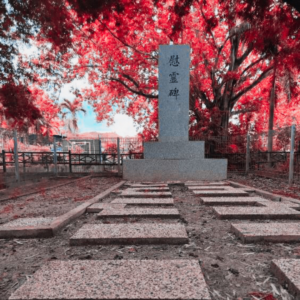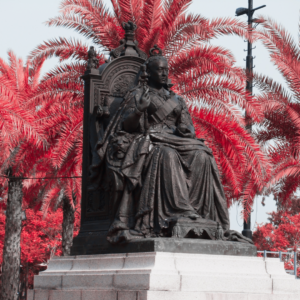Yasukuni Shrine in Tokyo
Japan
By Jade •
The Yasukuni Shrine, originally established in 1869, became controversial after the Second World War when 14 Class A War Criminals were enshrined at the site. Aside from the 14 war criminals, over 2.5 million souls are preserved at Yasukuni. Visits by Japanese leadership to the shrine have resulted in difficult relations with Japan’s neighbours, notably China and South Korea, with both of them outraged by the Shrine’s symbolism and inclusion of war criminals. Some descendants of enshrined Koreans have demanded the names of their ancestors be removed. This case study explores the complexities of commemoration of contested sites and their potential for international diplomatic ramifications and complex legal challenges
For the case study click here.




